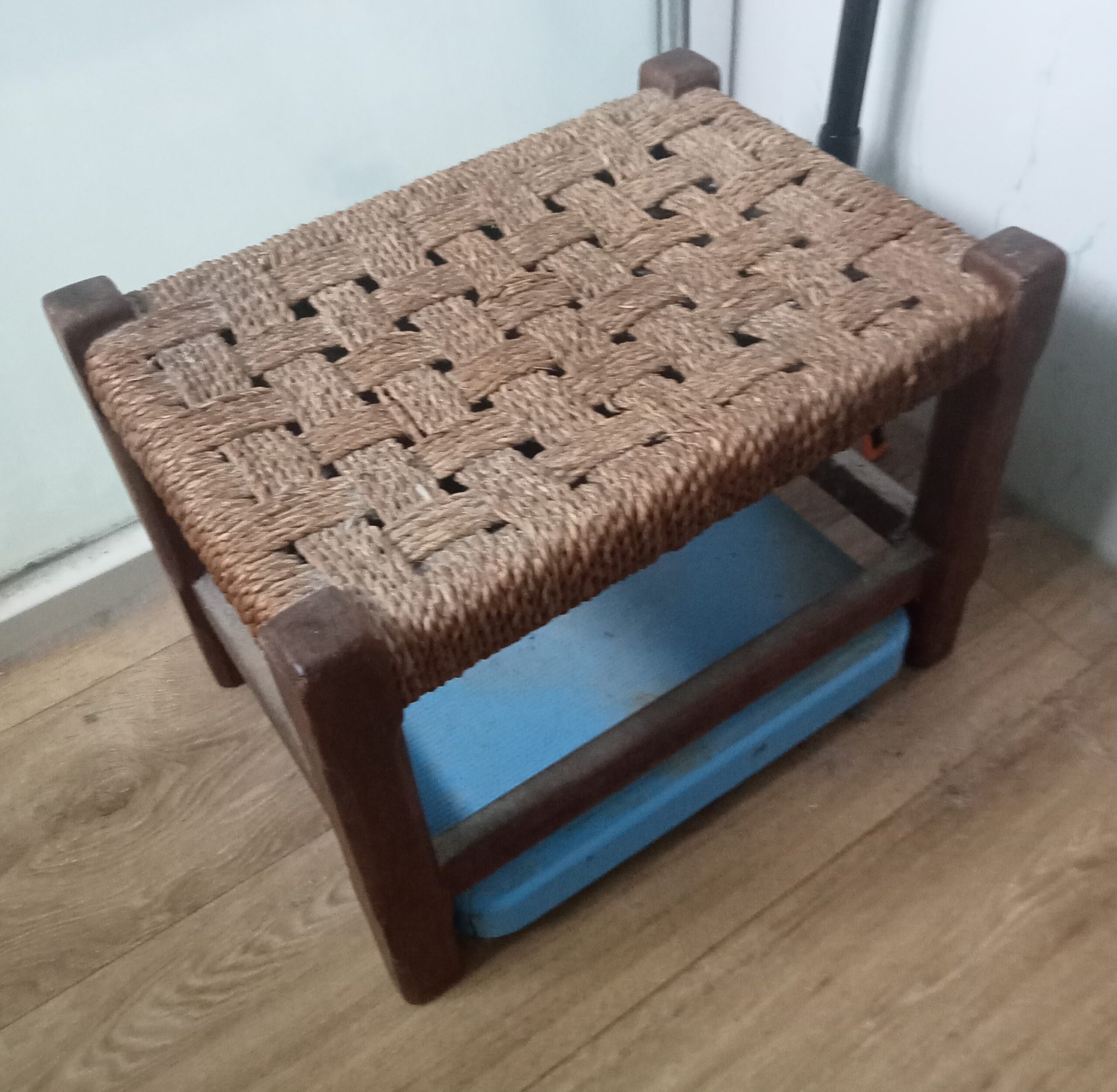Books, Values and Beliefs
“If we don’t change from a world society that worships money and power to one that worships compassion and generosity, I think we’ll be extinct by mid-century. I don’t say that as an alarmist or as a pessimist.” Patch Adams.
As writers’ our writing is informed by what we believe, read and experience, whether we know it or not. Thomas Hobbes suggested mankind was perpetually at war in a battle over self-preservation. He favoured a more Darwinian approach where survival of the fittest forces us to compete for scarce resources in an endless competition to satisfy wants. In contrast, Francis Hutcheson advocated an innate moral sense based on benevolent values. This speaks to a more communal approach based on a belief in cooperation, diversity and shared goals.

 Every generation values different things and has different priorities. My mum has some beautiful porcelain figures, but in my house, with two cats, they would be broken in weeks. I do have my dad’s stool that he made in school in the 1950s which I have used over many years to stand on to reach the wardrobe, get in and out of the bath and generally stand upon to reach things. It now resides in the bathroom next to the walk-in shower and is where the cat sits when she follows me into the bathroom. When I eventually die, I foresee it being discarded or burnt for firewood, because it is a personal possession and only valuable to me. My grandmother’s cushions are now looking a little threadbare and I had to take the curtains down when Hendrix (the cat) decided to climb them and pulled the curtain rail off (it was a bit loose). I also have my mother’s embroidered tablecloth which was only ever used for Christmas, birthdays and special occasions. My small cushion from my high school art class is my attempt at some embroidery. Possessions are transient, they wear out and are only ever valuable due to the memories we attach to them.
Every generation values different things and has different priorities. My mum has some beautiful porcelain figures, but in my house, with two cats, they would be broken in weeks. I do have my dad’s stool that he made in school in the 1950s which I have used over many years to stand on to reach the wardrobe, get in and out of the bath and generally stand upon to reach things. It now resides in the bathroom next to the walk-in shower and is where the cat sits when she follows me into the bathroom. When I eventually die, I foresee it being discarded or burnt for firewood, because it is a personal possession and only valuable to me. My grandmother’s cushions are now looking a little threadbare and I had to take the curtains down when Hendrix (the cat) decided to climb them and pulled the curtain rail off (it was a bit loose). I also have my mother’s embroidered tablecloth which was only ever used for Christmas, birthdays and special occasions. My small cushion from my high school art class is my attempt at some embroidery. Possessions are transient, they wear out and are only ever valuable due to the memories we attach to them.
A job is only ever a means to an end; a way to feed our family, and provide shelter and comfort, with an income in old age. The only difference between a cleaner and an investment banker is their salary. They both exchange their time and labour for a monetary wage which can be used to buy essential goods and services. One provides an essential service for the elderly and disabled, or keeping our hospitals and offices clean; the other creates additional wealth for the more prosperous members of society. This raises a question about society’s values. Do we value people who serve the needs of others – doctors, nurses, cleaners, teachers, emergency services, refuse disposal, shop workers etc? Or should we place a higher value on investment bankers, tech billionaires, social media personalities and CEOs? Economists will argue we need wealthy entrepreneurs to provide income through taxation to fund public services. Yet we are also told increasing tax on the wealthy will only make a marginal difference as they will either leave the country or move their money elsewhere. Doctors, nurses, cleaners and other workers all pay taxes and indirectly contribute to their own salaries. Surely these are the people we should value and empower with the dignity of a living wage to enable them to support their family.
Advances in technology have changed many things. I am old enough to remember home phones with a shared party line. Now a home phone has largely been overtaken by the mobile. I remember three channels on the TV and now we have more programmes and channels than anyone can watch; if you miss something, you can watch it on demand. Communication has expanded but has become less personal. I can message and see family in the North of England and friends in Australia, but sitting in a room often involves a mobile phone, especially if they are under 30. Technology has transformed work enabling us to do more (if not all) online and AI will transform the way we do things in ways we are still discovering. The pandemic taught us that we can do more from home which allows the disabled and parents with young children more flexibility. When I began working, if I could not physically get to a place of work, I was denied employment. Approximately 55% of disabled people are not working in the UK and if you are blind, this rises to 75%. Unfortunately, a restricted income means restricted life choices, often through no fault of your own.
Balance is often hard to achieve due to the demands of modern life and a whole industry has been created devoted to health, wellness, decluttering and anti-consumerism. Set against this is industries need for a stable, agile, compliant workforce. How that workforce is achieved and trained is also a matter of debate with discussions over university education versus apprenticeships. As an academic, I would always value a university education but increasing numbers have resulted in grade inflation and limited high-paying graduate jobs resulting in discontent and disillusionment.
Although I love dystopian novels – Brave New World, The Handmaid’s Tale – due to their intellectual challenges, I don’t write them. I also specialise in eighteenth-century gothic novels but do not write dark or gruesome stories. My work tends to have a community, character-based leaning with a philosophical bent. I’m an optimist, even an idealist, but at the end of the day a pragmatist. Until we can find a way of replacing paid employment with a system that allows individuals to support themselves and their families we need to trade our time for a living wage.
If you wish to stay informed about my writing please sign up for my newsletter.
Alternatively, you can find me on the ever-growing list of social media as I endeavour to grapple with new technology which seems to come so easily to twenty-somethings.